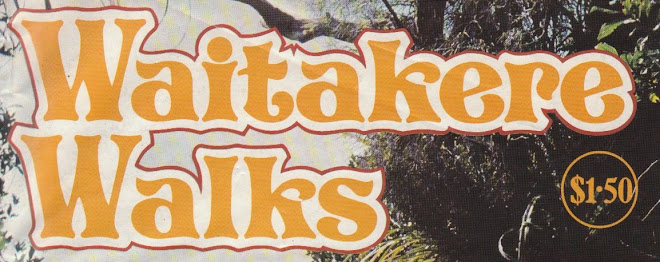
On another note, late last year I finally got around to reading Rebecca Davis Winters' great bio of Alan Wilson of Canned Heat entitled "Blind Owl Blues." Let's just say that for Faheyologists, it is an essential entry in the canon. The Blind Owl is there in the critical early to mid-60's era with John (Boston, UCLA, etc) and there are heaps of Fahey-related anecdotes.

Anyone familiar with Fahey's contribution to "Parthenogenesis" on "Living the Blues" will want to check it out. Winters digs out that Fahey wanted to put out Wilson's solo record on Takoma and recorded a bunch of it in 1966. Harmonica master Wilson had recorded a bunch of ragas on chromatic harmonica. Here is the great photo from "Voice of the Turtle" of from left Fahey, Rev. Rubin Lacey, Wilson and David Evans, Ridgecrest, CA 1966 - more on the background to the photo in the book.

Winters also digs out that on Fahey's "Old Girlfriends and Other Horrible Memories" from 1982, that Wilson's harmonica playing is on there uncredited. Winters fails to note which track so I will do it for ya: "Fear & Loathing at 4th & Butternut." I will post that track when I get some time. Now Glenn Jones was assistant engineer on the lp so maybe he could describe the circumstances of the use (which is truly because Fahey loved the guy). When Winters asked Fahey about the lack of credit, Fahey stated in typical John fashion that "I didn't think Wilson would mind." Here is a choice excerpt from the book:
While they were living together, Fahey felt the need to make Wilson improve his level of cleanliness. 'Wilson refused to take baths very often,' he explained. 'And he usually stunk. When he lived with me, I had to frequently fill the tub with water and soap, and then threaten him, force him to take his clothes off and take a bath. And I'd buy him clothes and underwear and stuff. But he didn't smell too good. Very bad . . .
This is only scratching the surface of what is really a great piece of research for the unacknowledged true masters of the era. Maybe we can kickstart the Fahey bio or Dr. Demento can publish his 50-70's memoirs which would be a goddamn hoot.





I'm honored by your kind words about my book, "Blind Owl Blues"! Interviewing John Fahey as part of my research was quite an experience. What an honor to have known him, and to document Wilson's life and music.
ReplyDeleteRecently I've also been honored to make a few contributions to a family-authorized tribute website in Wilson's honor. It's at http://AlanWilsonCannedHeat.com, and features informational essays, rare pictures, music downloads, and samples of Alan's own handwriting. You'll also find the liner notes to "Transfiguration of Blind Joe Death", which according to Fahey, were actually written by Wilson.
My site for "Blind Owl Blues" is at http://blindowlbio.com. Thanks for reviewing it here, and for helping to keep the music alive!
Hi Rebecca! I just finished your book and learned so much about my harmonica idol. Hey, did you know that The Beatles were Canned Heat fans? On the Nagra reel "Get Back" outtakes you can hear them play "On the Road Again" with John singing lead and also a brief snippet of Paul singing "Going Up the Country"!
ReplyDelete